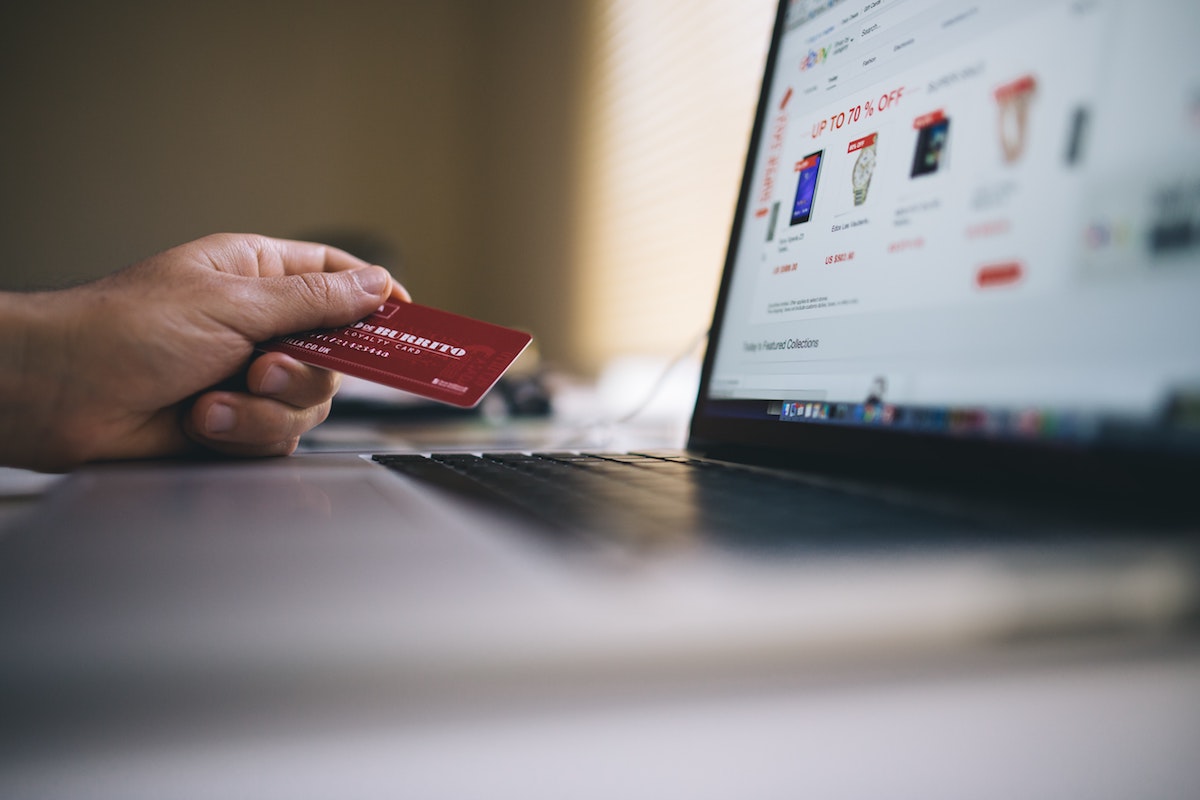Shopping online saves you from the time and effort to physically go to stores just to buy the stuff that you want. All of the transactions happen online and your product will be waiting at your doorstep.
In spite of its convenience, we cannot be too complacent. As we know, as much is the internet is full of wonderful things, it is also filled with things that can harm us. Ensuring our security while shopping online is still the priority.
From our partners:
With this, here are seven tips you should remember so that your online shopping remains fun and safe.
1. Ensure your connection is secure.
First, you should check if the site that you are using is secure. Don’t risk buying in sites which don’t have SSL (secure sockets layer) encryption. This encryption will provide you with extra security that will lessen the risk of your valuable information getting compromised.
You can tell is a site has SSL encryption by looking at the address bar of your browser. Typically, there will be a padlock icon beside the URL. The URL will also start with https:// instead of http://.
You should avoid shopping using public Wi-Fi connections like those in airports. Make sure you are connected somewhere that you can trust.
You should also add another layer of protection using a VPN network. This will anonymize the location of your transactions, further increasing the security.
A great example of a VPN provider is NordVPN. Their service is filled with features to ensure that your online shopping is secure. Check them out.
2. Be mindful of what you share.
Think whether or not the information being asked in the forms that you are filling are truly necessary. If they’re not, do not risk it. There are a lot of online shopping websites and most likely, you can purchase what you want somewhere more secure. No item is ever too valuable to compromise your security.
3. Use & unique passwords.
A lot of us have a bad habit of using the same password in all of our accounts. Even worse, a lot of us use really easy passwords. Cyber attackers can decode your password in a flash.
To prevent this, make sure that you are using strong passwords — combine alphanumeric characters, add symbols, alter the case, and even add space (if possible). You should also consider using a password manager if remembering the passwords of all your accounts proves to be a formidable task.
4. Research, research, research.
Before making a purchase, take the time to check the reviews of the product you are going to get. It can reveal a lot of things that the description of the product can’t. At the same time, also do a quick check on the seller you are getting the product from. Only buy products from sellers that have a good reputation and are trustworthy.
5. Monitor statements regularly.
Do not forget to check your statements regularly. By regularly, we mean more than just once a month. Check more frequently, especially during the holiday season and other peak months when fraudulent activity is rampant. This way, you can catch these activities quick and you can take proper action.
6. Skip the card (as much as you can)
As much as possible, try to take advantage of mobile payment apps which typically use single-use authentication for purchases. This way, your credit card information stays secure. At the same time, you are also avoiding the risk of your card getting skimmed. Plus, not having to bring your card always is pretty convenient.
7. Keep yourself secure.
Make sure that all your devices have all the latest security updates. For your laptops and computers, ensure that you have an active antivirus installed. As much as you would want to ensure that the sites you are using are secure, you would also want to make sure that the device you are using is.
For enquiries, product placements, sponsorships, and collaborations, connect with us at [email protected]. We'd love to hear from you!
Our humans need coffee too! Your support is highly appreciated, thank you!








